DAK NONG For many years, Mr. Hung's pepper garden has always met organic standards assessed by the Dutch Control Union Organization in Vietnam, and is purchased at a price 25% higher than the market price.
DAK NONG For many years, Mr. Hung's pepper garden has always met organic standards assessed by the Dutch Control Union Organization in Vietnam, and is purchased at a price 25% higher than the market price.
That is the pepper garden of Mr. Le Dinh Hung in Truong Xuan commune, Dak Song district (Dak Nong). This pepper garden has a total area of 3 hectares, and has continuously met organic standards for 3 years, assessed and appraised by Control Union Vietnam (Dutch quality assessment and certification agency in Vietnam).
Mr. Hung’s pepper garden is now 8 years old. Initially, he planted 3,000 pillars and cultivated them in the traditional way. But after only 3 years of living in this land, he began to change his thinking.
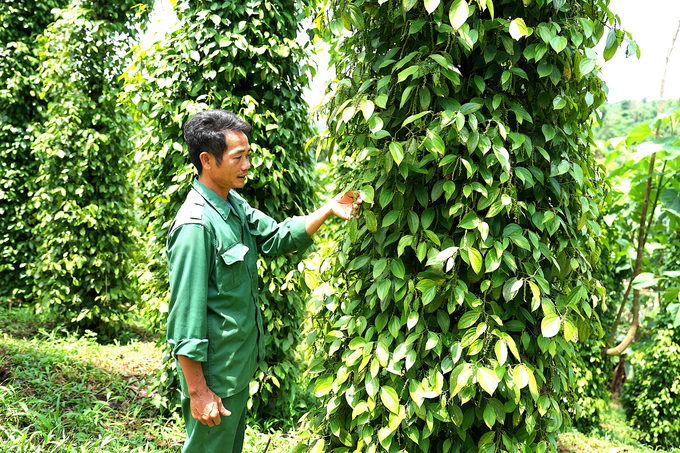
Mr. Le Dinh Hung introduces an organic pepper garden. Photo: Hong Thuy.
He said: “My wife and I were civil servants in Ho Chi Minh City, so we came here with the purpose of finding a quiet countryside to change our lives, or as young people say now, to find a place to “heal”. After a while, we found it suitable, so we have stayed here until now.
As for farming, at first I had no knowledge, that's why I followed everyone else. But after a short time, in the process of learning more about farming, I gradually realized that organic farming is the best way. Up to now, the pepper garden has been certified as organic for the third year."
In fact, 3 years before being certified as organic, this pepper garden was cultivated according to organic processes.
Mr. Hung said that the pepper garden is protected by a belt of fruit trees around it and is cultivated according to a circular process. Specifically, it is a 15m wide belt, planted with some fruit trees such as avocado, papaya, jackfruit. This belt is to prevent cross-contamination of substances such as fertilizers and chemical pesticides from neighboring gardens that are not cultivated organically.
To provide nutrients for the plants, Mr. Hung uses the biological product IMO (Indigenous Microorganism) which he makes himself from by-products available in the garden such as bananas, avocados, and jackfruit. The medium and micronutrients are extracted from fish (protein), bananas, and avocados (potassium). "In particular, the betel leaves that I often eat every day are a type of leaf that has a very high phosphorus content, on average 1kg of fresh betel leaves produces about 100 grams of phosphorus, which is very necessary for the flowering and fruiting stages of the plant," Mr. Hung revealed.
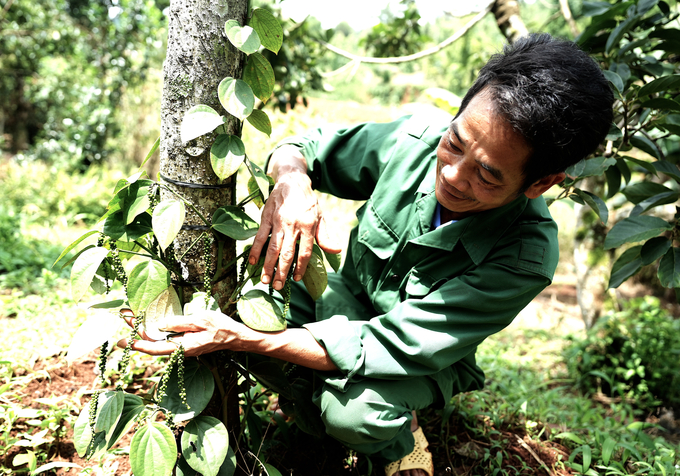
A newly planted pepper tree has grown extremely well. Photo: Hong Thuy.
To prevent pests and diseases for plants, Mr. Hung processed a mixture of some herbs available in the garden such as garlic, chili, ginger, galangal... All of these ingredients are grown in the garden and soaked with IMO to create a spicy, bitter, astringent compound for spraying.
“Mainly spraying to repel and kill some of the harmful organisms but not all of them. My point of view is that we have to live with pests and not necessarily kill them all because there are many beneficial insects in the garden that will kill harmful pests. If we kill all the harmful organisms, we will inadvertently take away all the food sources of beneficial insects, which can cause an imbalance in the insect ecosystem. Like grass, weeds, and miscellaneous plants, it can “eat” part of the nutrients in the soil, but it has the effect of retaining moisture, retaining water, limiting leaching, especially in steep terrain and creating shade for insects living underground such as worms, crickets, ants... Without this layer of weeds, the soil will be very dry, even with regular watering, and it will not be able to retain insects living underground like when there is a layer of natural grass,” Mr. Hung analyzed.
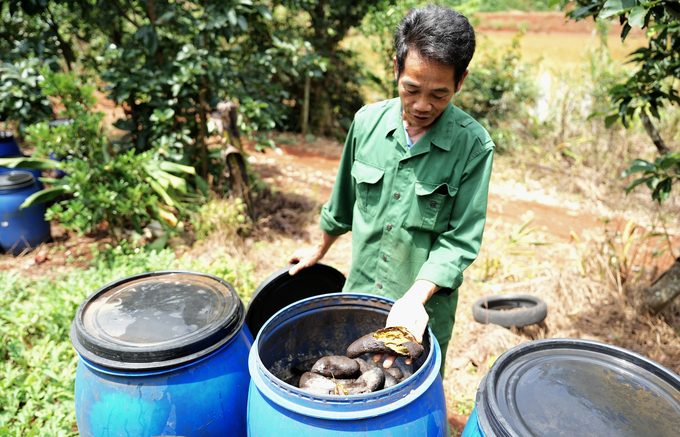
Mr. Hung composts IMO from fruits such as bananas, avocados... to fertilize plants. Photo: Hong Thuy.
Leading me to the pepper garden, Mr. Hung parted the grass, showed me the clumps of humus (earthworm manure) piled up on the ground, and said: “If we use chemicals, how can insects survive? Organic farming makes the soil more and more fertile. During traditional farming, from 3,000 pepper plants, they gradually died, until we switched to organic farming, some more plants died. Currently, the garden only has about 2,000 plants left and no more plants have died, the yield is also quite good. Like this crop, the yield reached 8 tons, meaning each plant weighs 4 - 5 kg.”
Mr. Hung said that for several years now, his pepper garden and some other pepper gardens have cooperated with Hoang Nguyen Cooperative (Thuan Ha Commune, Dak Song District) to produce pepper according to organic standards. Every year, Hoang Nguyen Cooperative will spend money to hire Control Union Vietnam to come to the site to collect samples for quality inspection.
“This year, they have just finished the assessment and the results have met the organic standards like the previous years. Actually, even before they came to take samples, I was confident that the standards would be met because the actual farming process is the same as every year and the environment or objective impacts have not changed,” Mr. Hung said, adding that if all the criteria are met, Hoang Nguyen Cooperative will purchase all pepper at a price 25% higher than the market price. Meanwhile, the input costs for organic farming are lower than chemical farming, on average, each hectare can save about 20 million VND. But on the contrary, doing organic farming takes more work and requires more meticulousness.
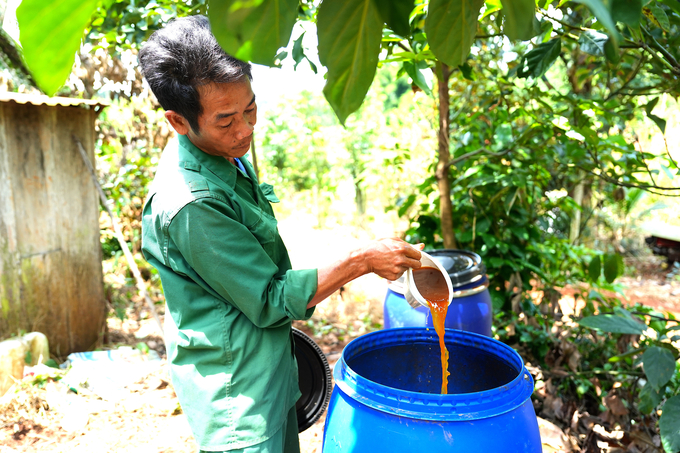
Mr. Hung composts trash fish with IMO to fertilize pepper. Photo: Hong Thuy.
After many years of organic farming, Mr. Hung is clearly aware of the benefits it brings, many of which are more important than profit.
“Of course, higher profits are happier. But for me, profits are just secondary. The most important thing that makes me always do the right thing is for myself and my family.
Before I joined Hoang Nguyen Cooperative, I soon realized the harmful effects of chemicals and immediately changed direction, no longer touching toxic chemical fertilizers and pesticides, even though the products were still sold on the market at the same price as traditional farming models. If I put profit first, I would not have done that. Therefore, this pepper garden was the first place Hoang Nguyen Cooperative came to discuss the partnership, and I had no difficulty following the process they required. This garden has met organic standards for many years now,” Mr. Hung affirmed.
“Dak Song is the largest pepper producing area in the province with an area of over 15,000 hectares. In recent years, people have increasingly raised awareness in developing pepper plants in a sustainable manner. Organic pepper production areas and cooperatives have been established in the district. Local pepper products are increasingly asserting their position in the market,” said Mr. Le Hoang Vinh, Head of the Department of Agriculture and Rural Development of Dak Song district.
Source: https://nongsanviet.nongnghiep.vn/vuon-tieu-nhieu-nam-dat-chuan-huu-co-gia-ban-cao-hon-thi-truong-25-d411057.html


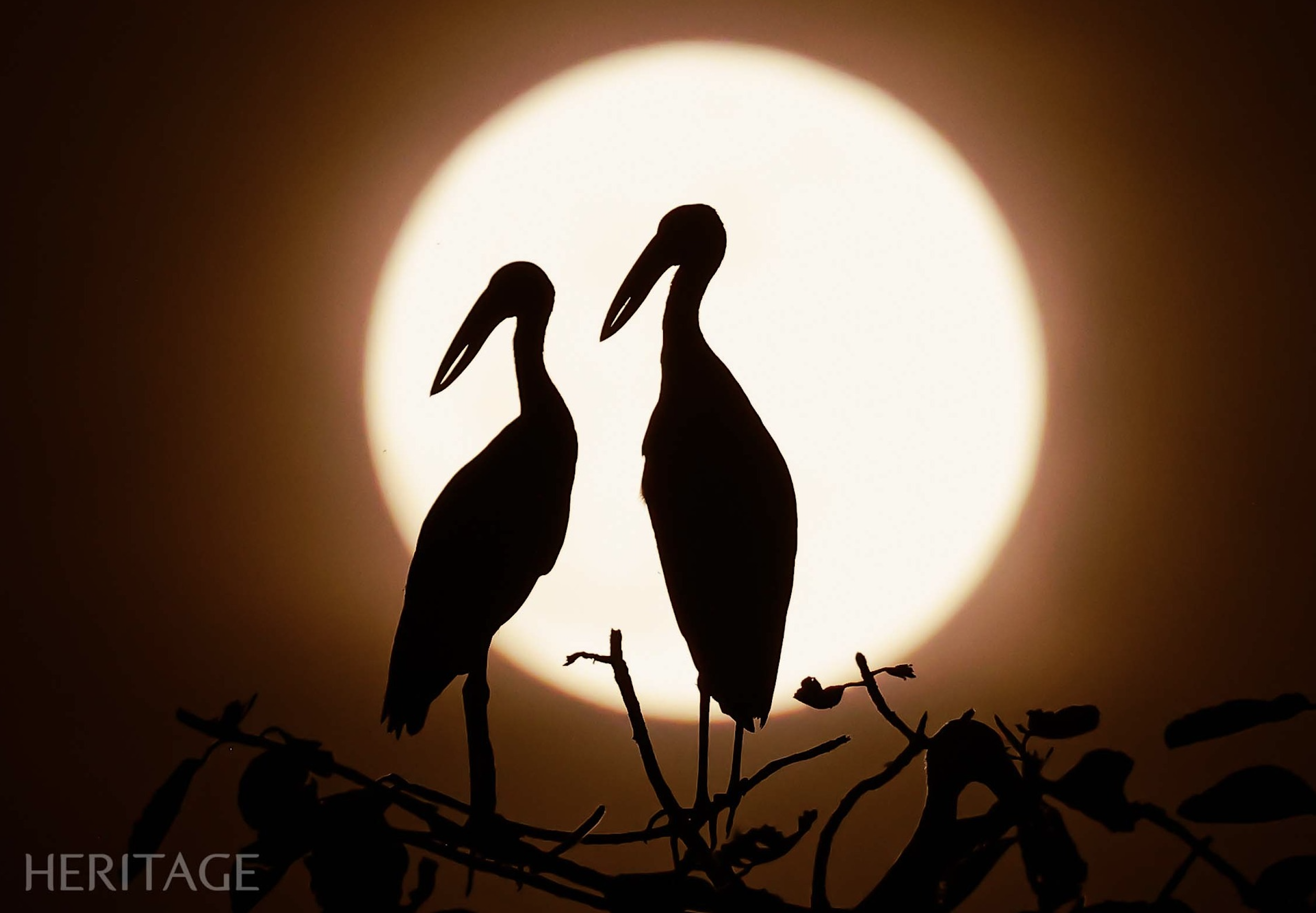
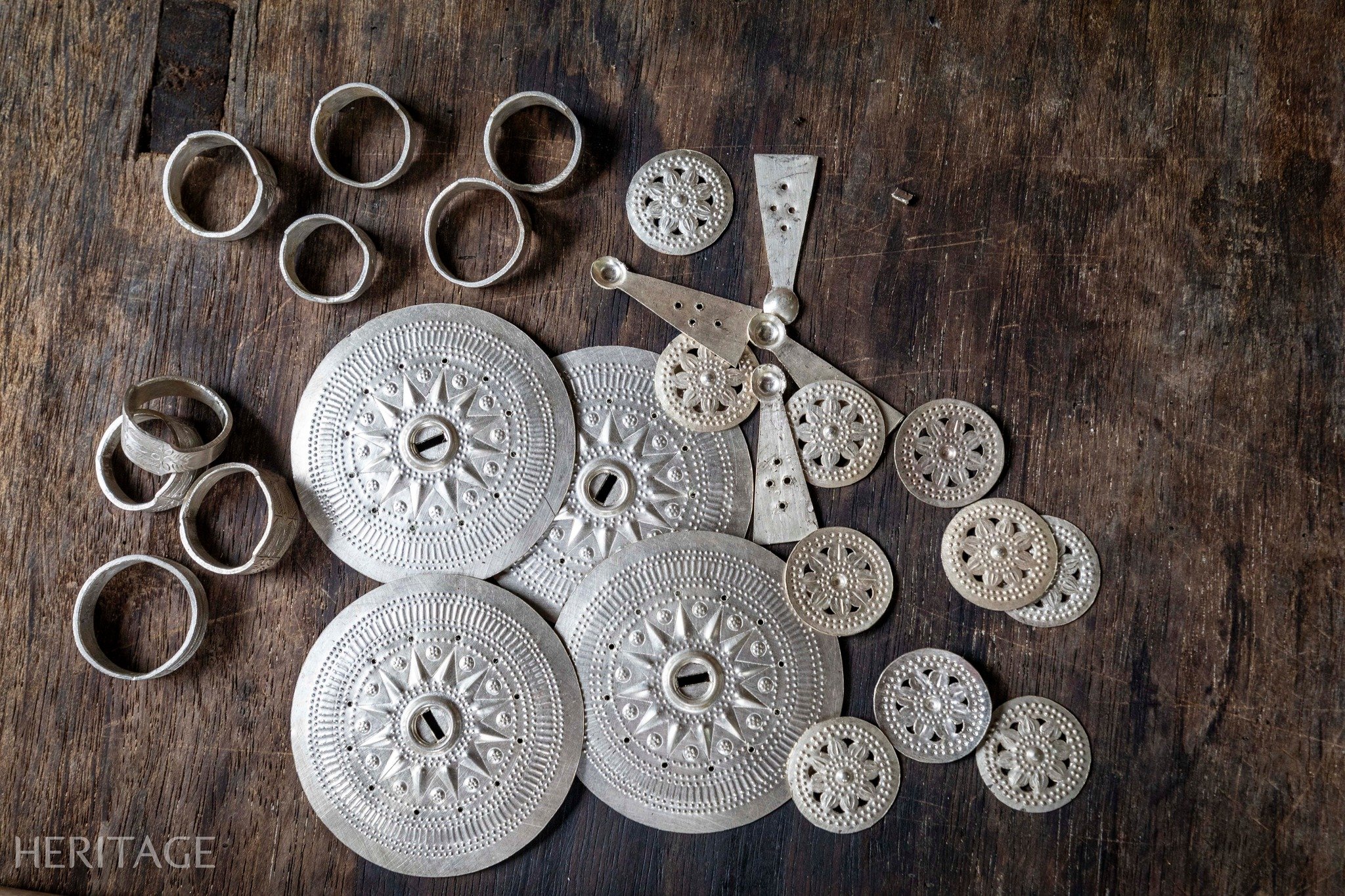
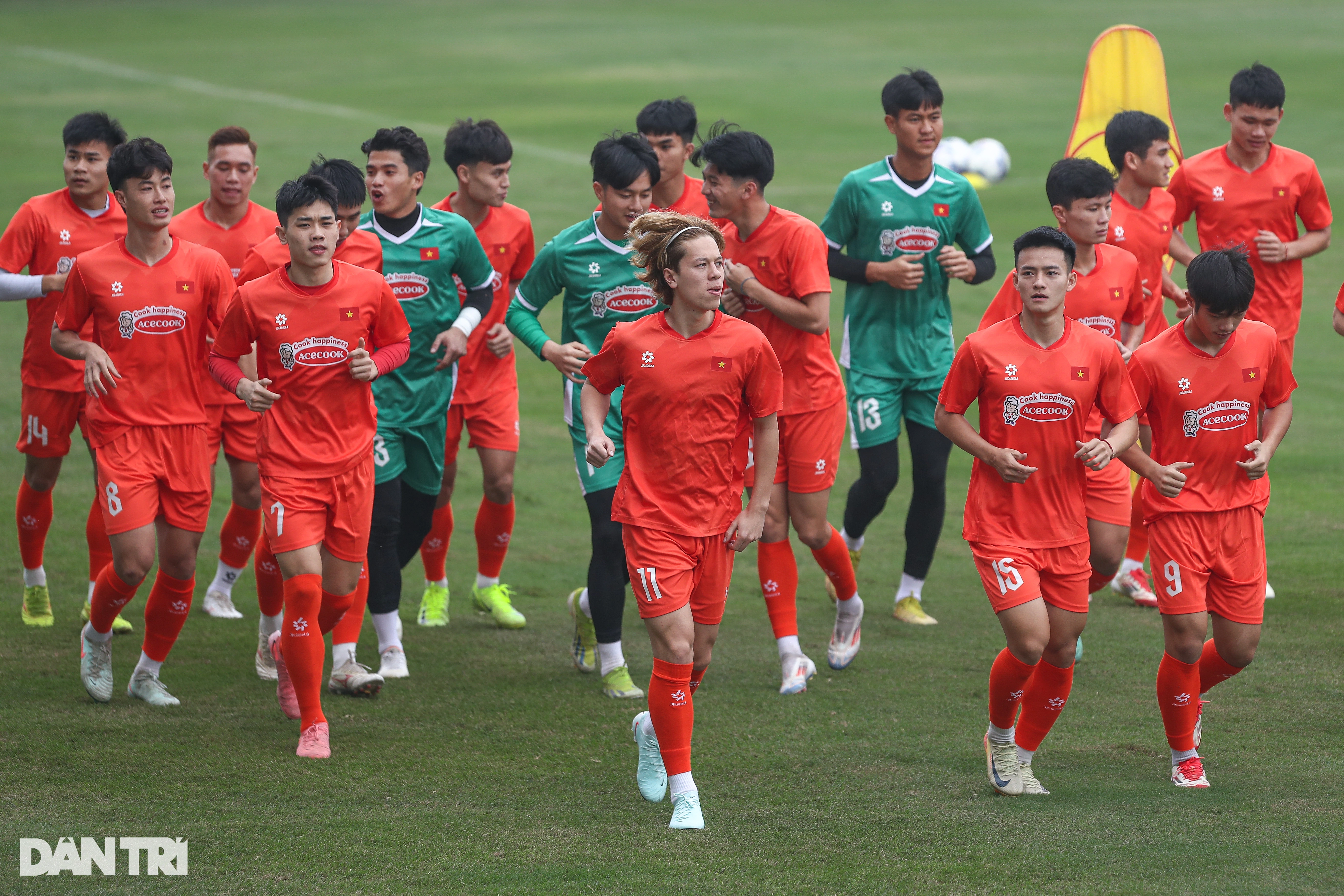

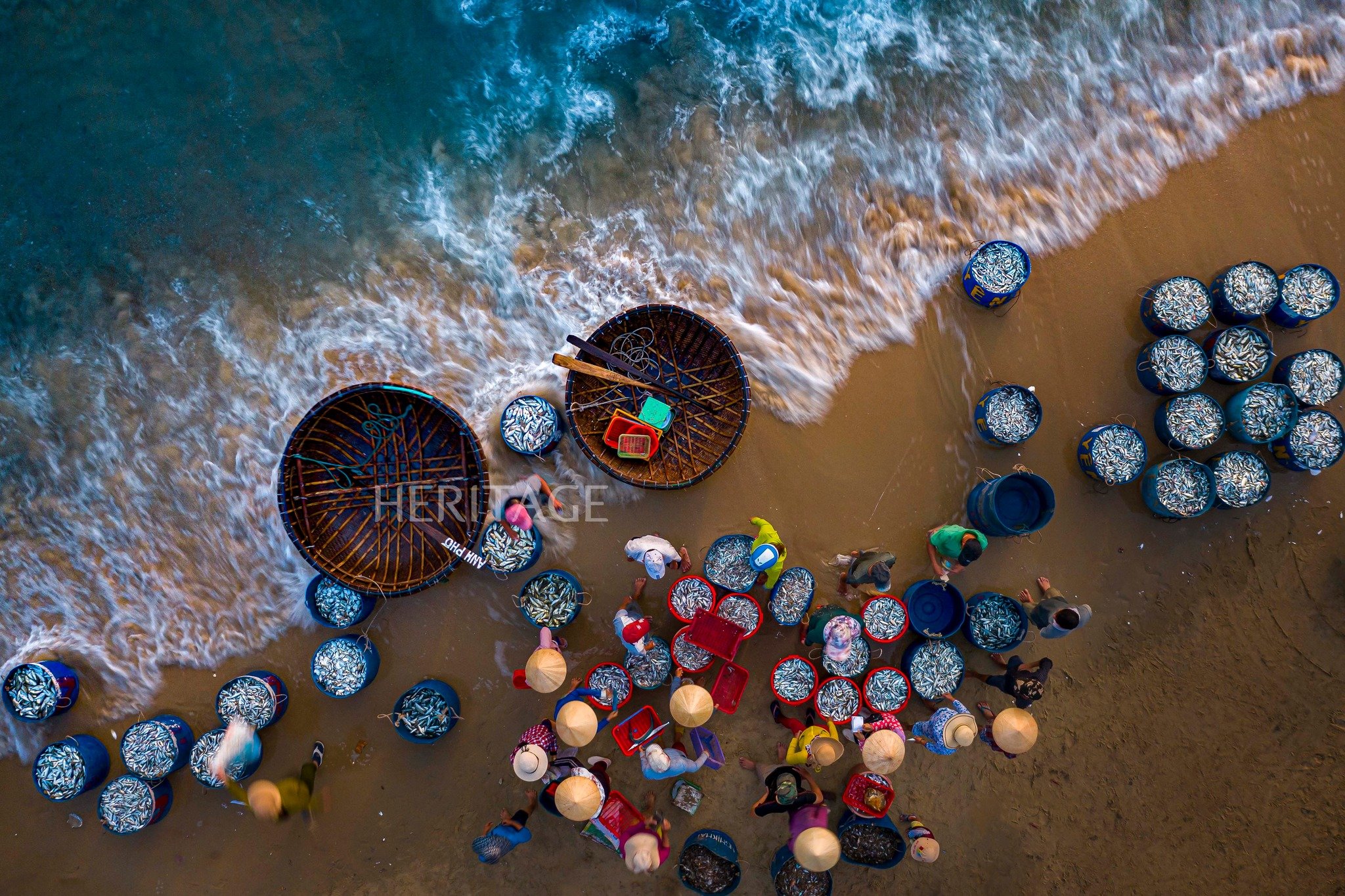
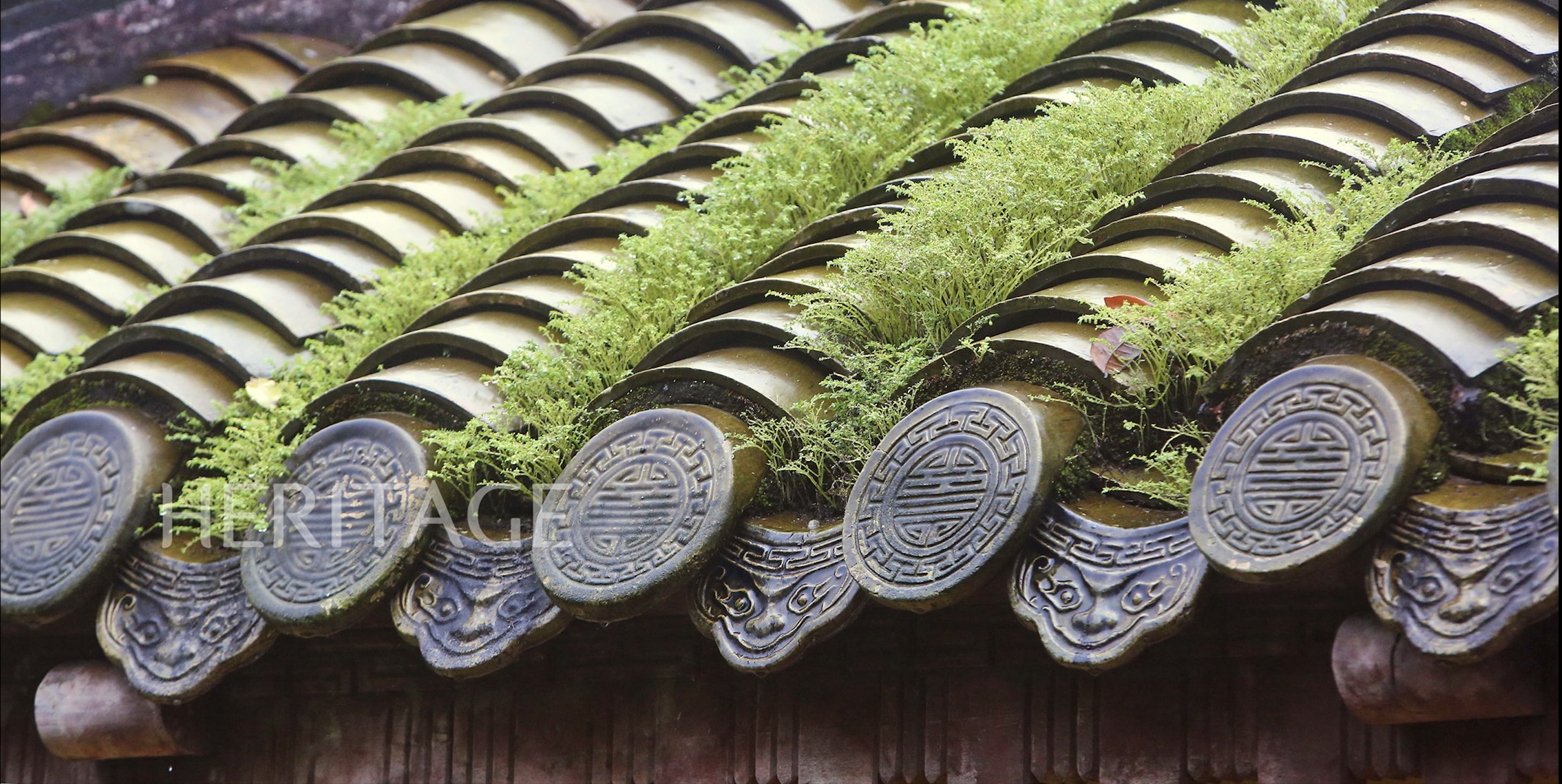
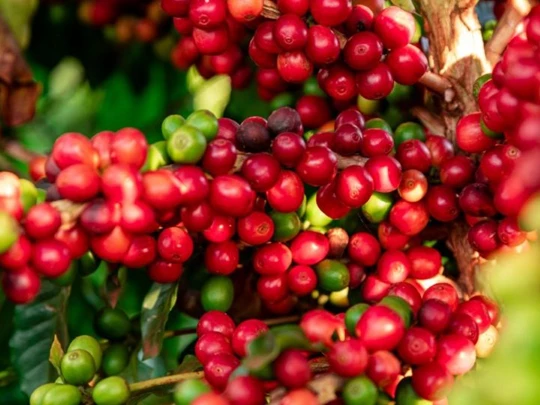


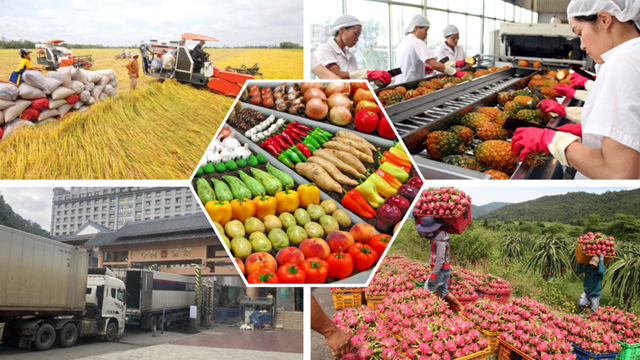

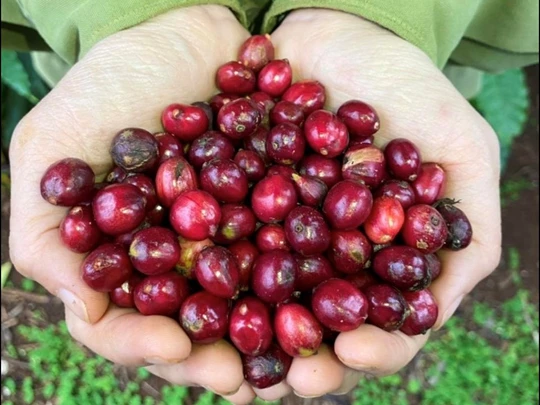


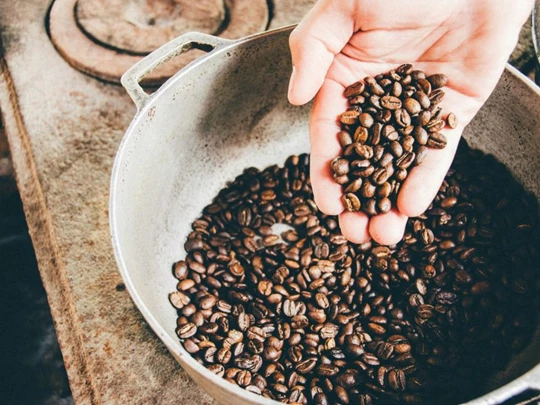
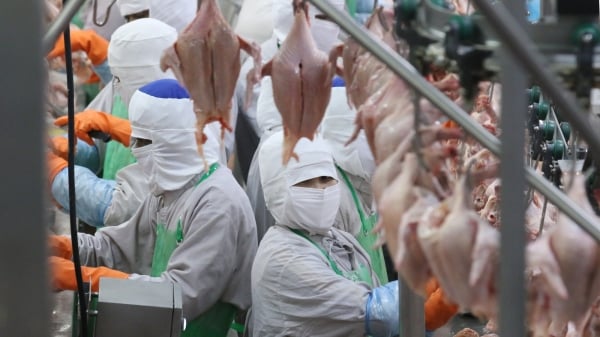

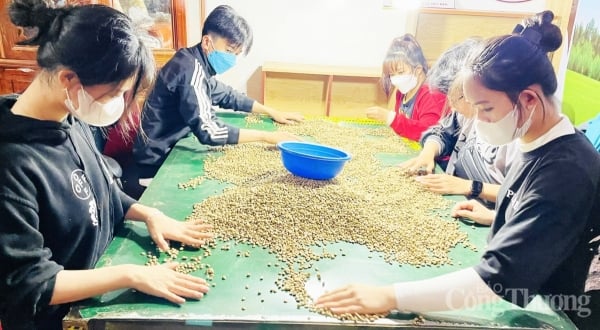
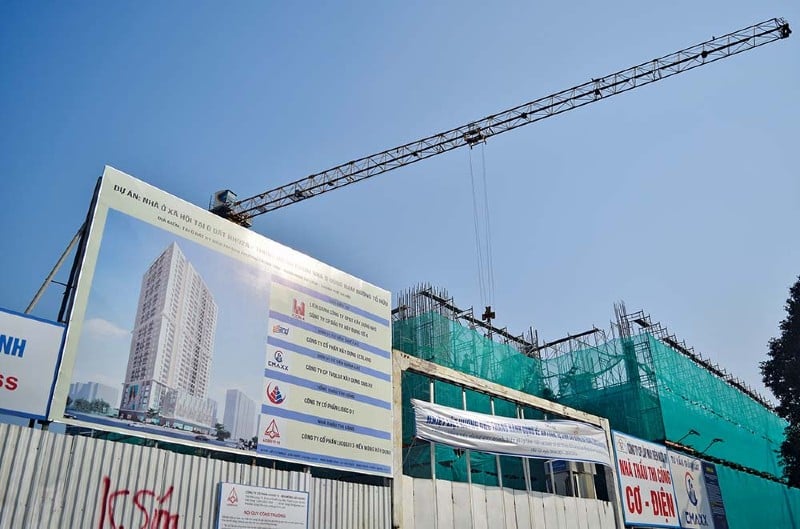

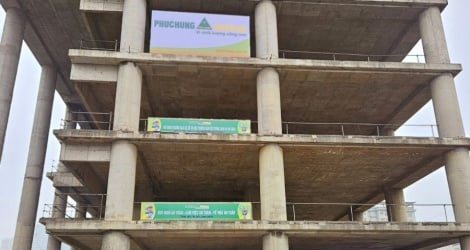
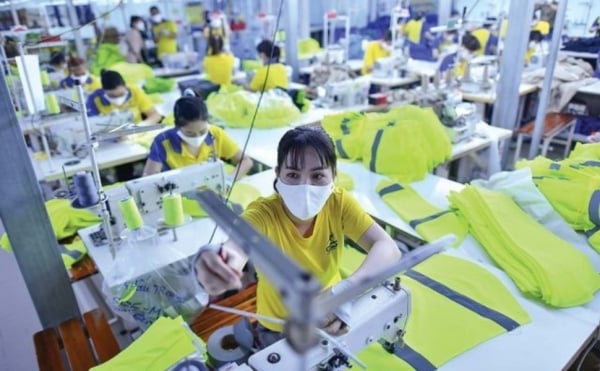
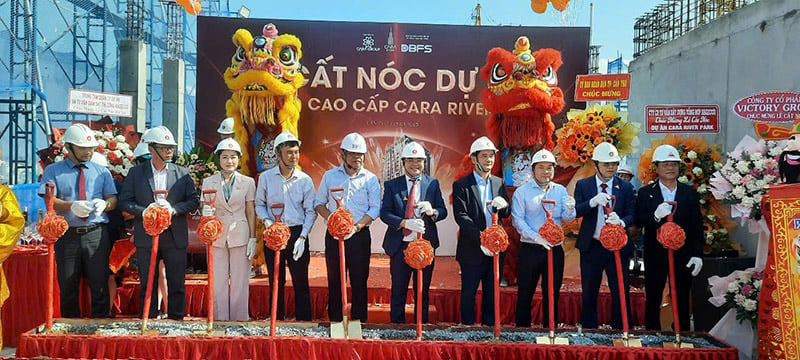


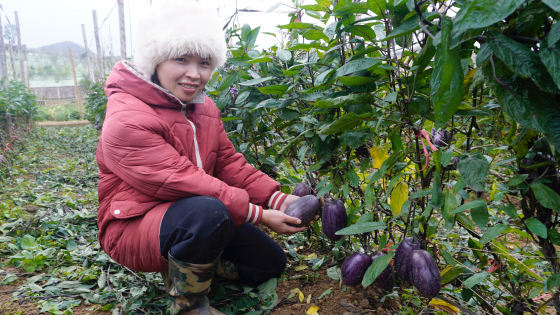


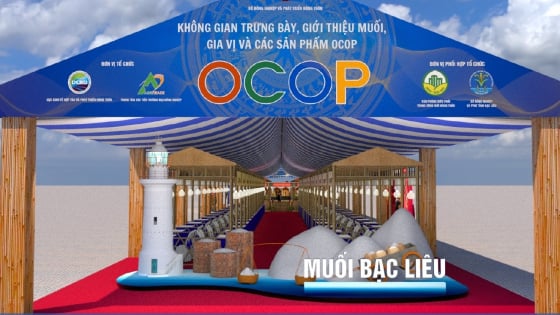
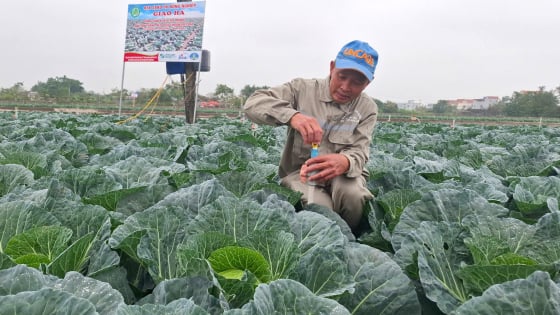
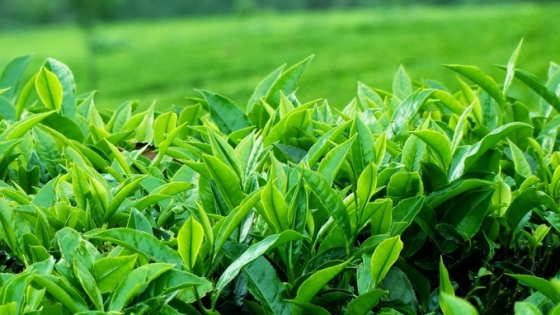

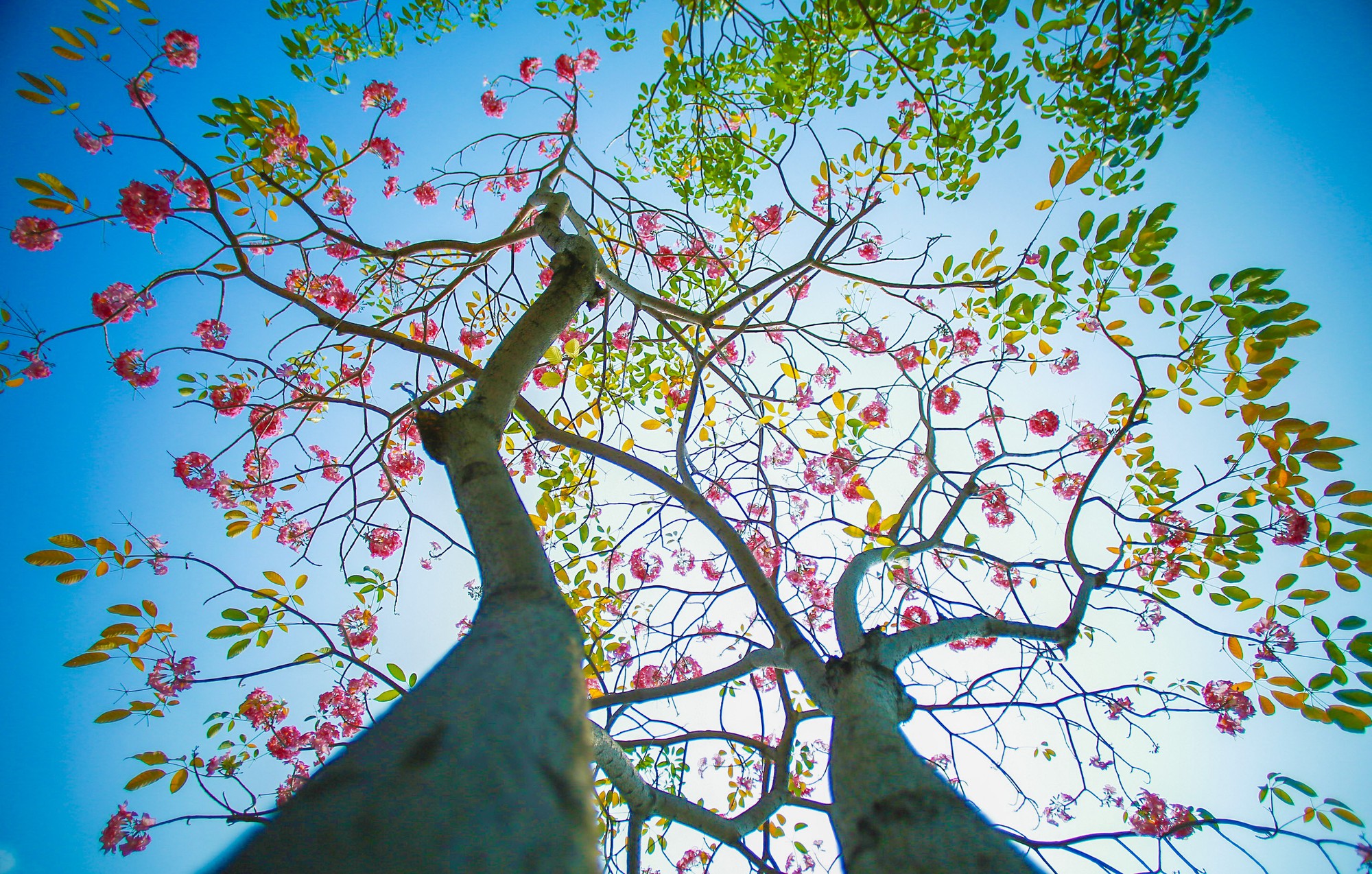
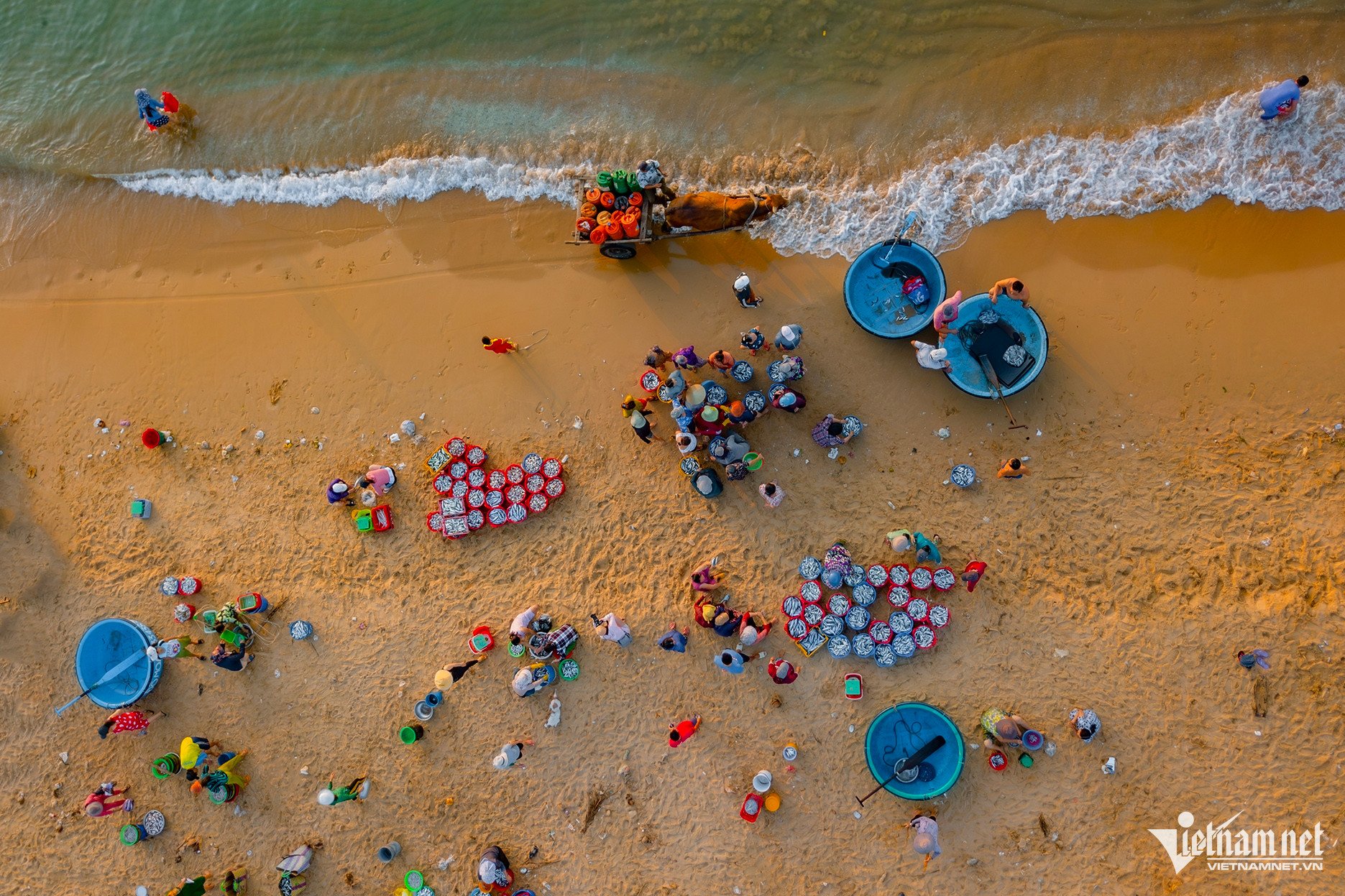
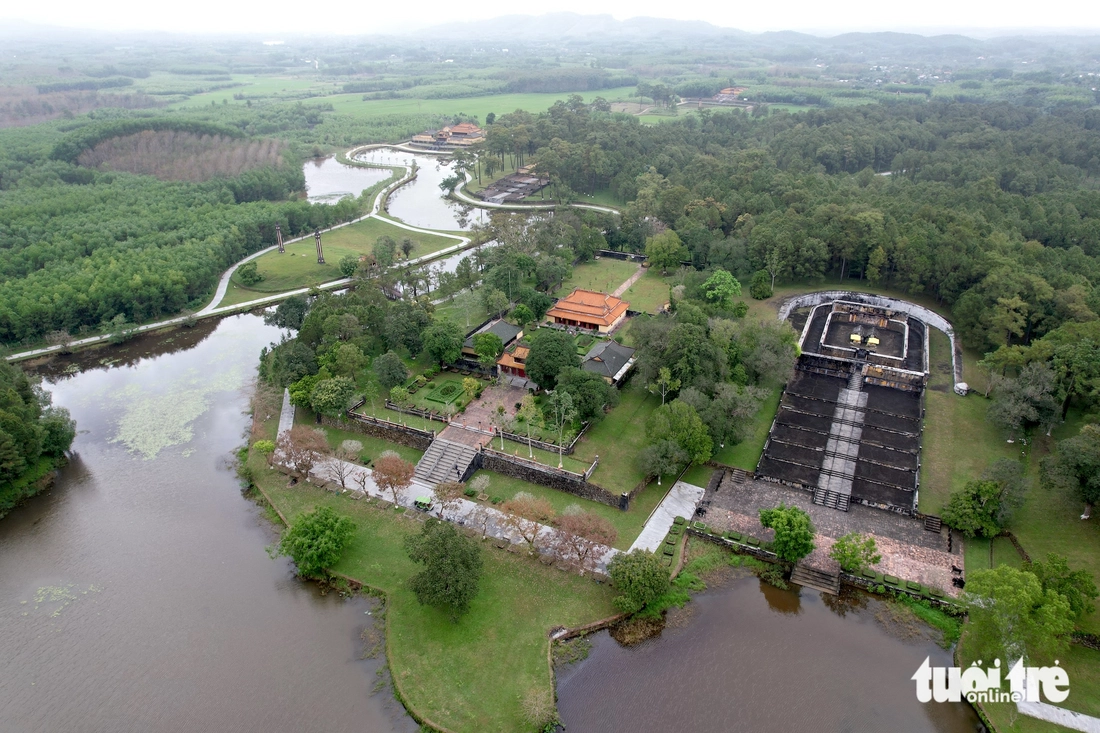


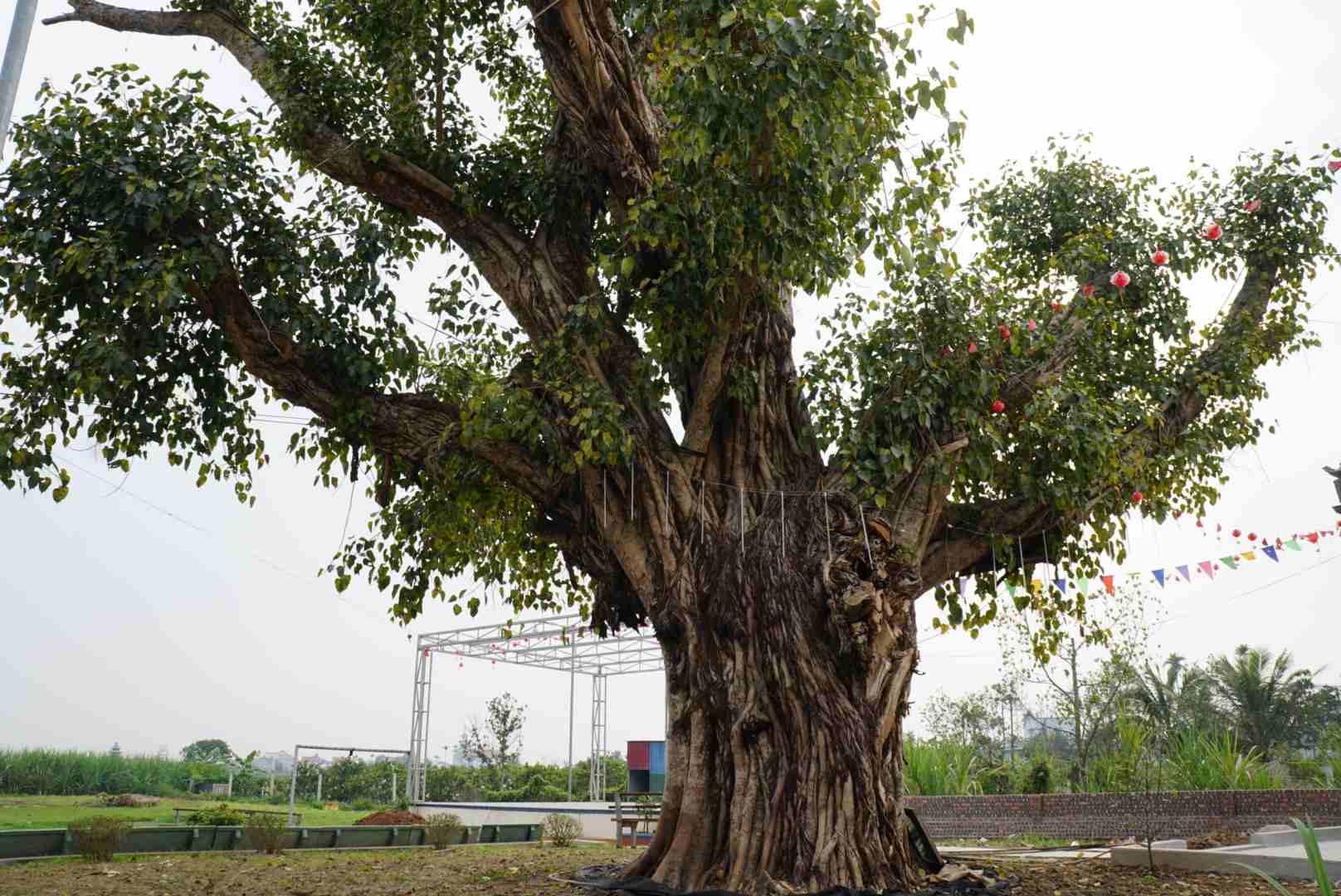

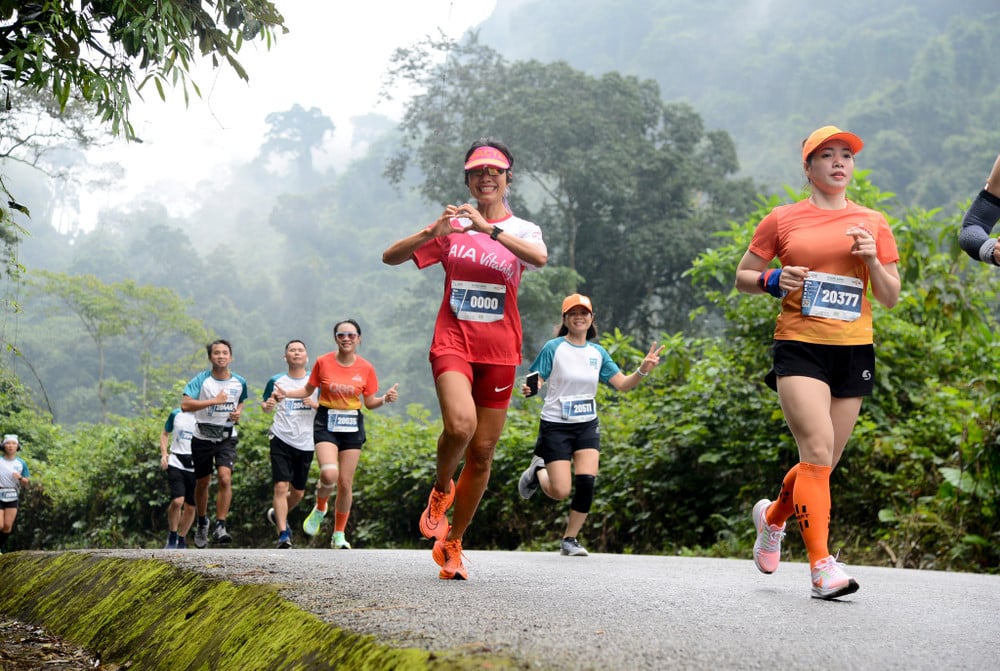

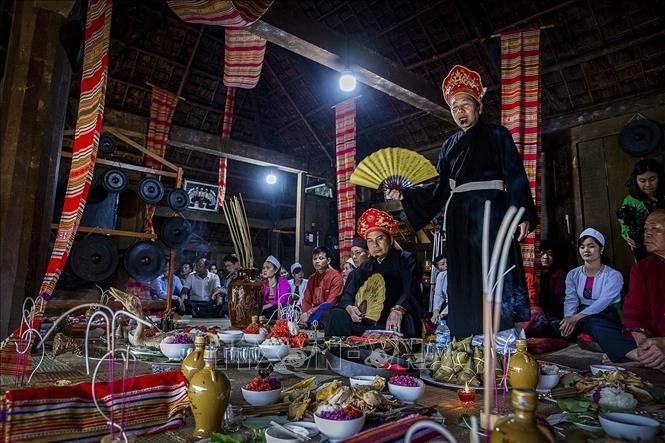

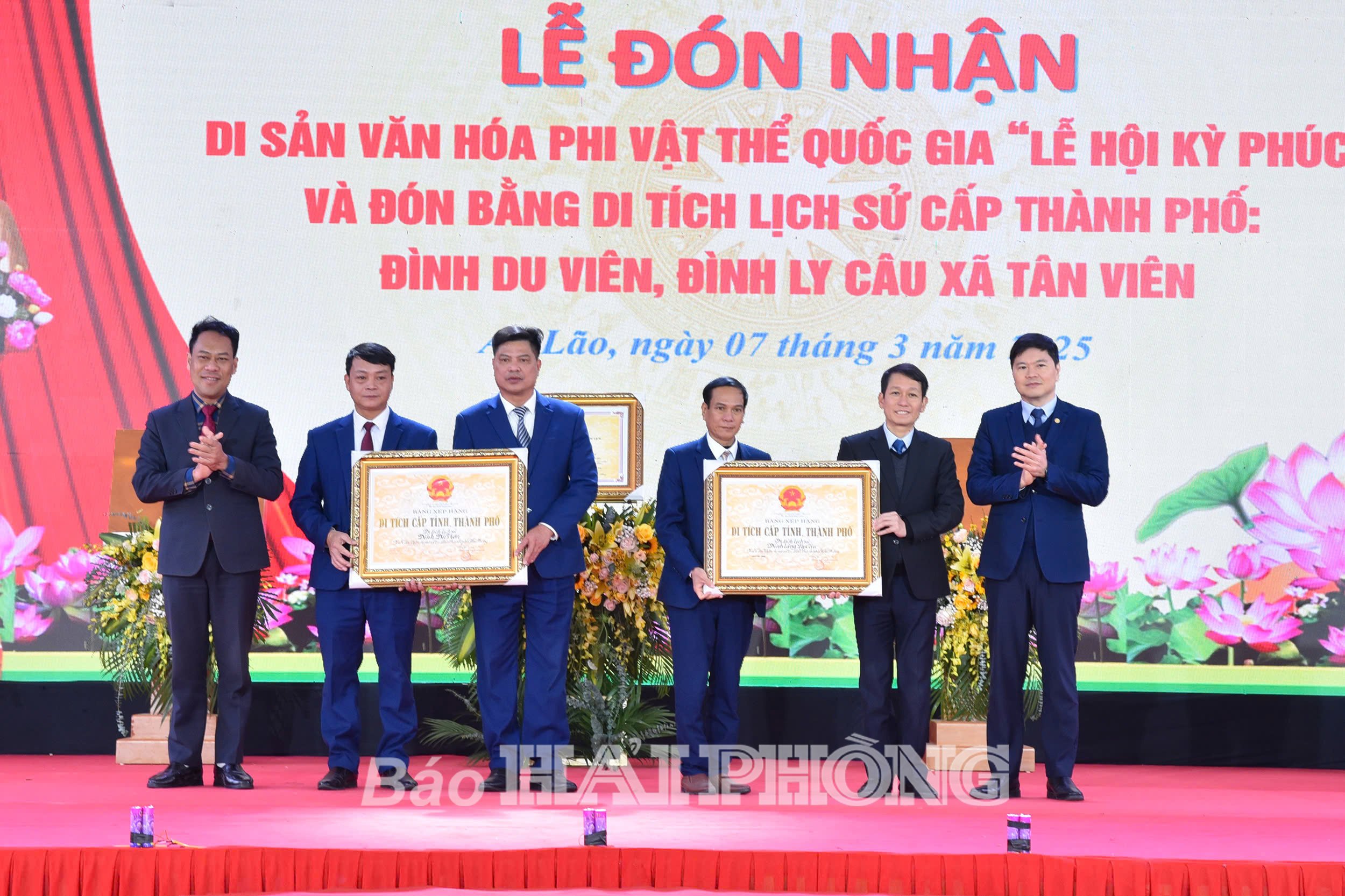
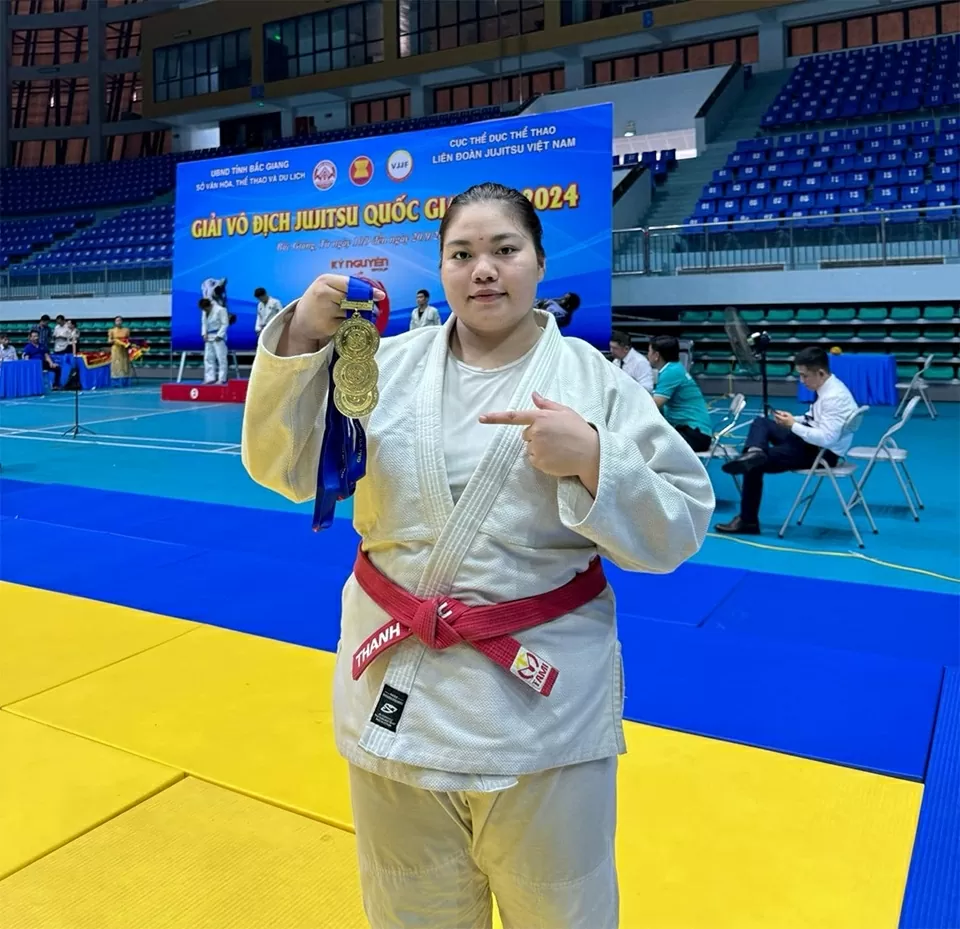
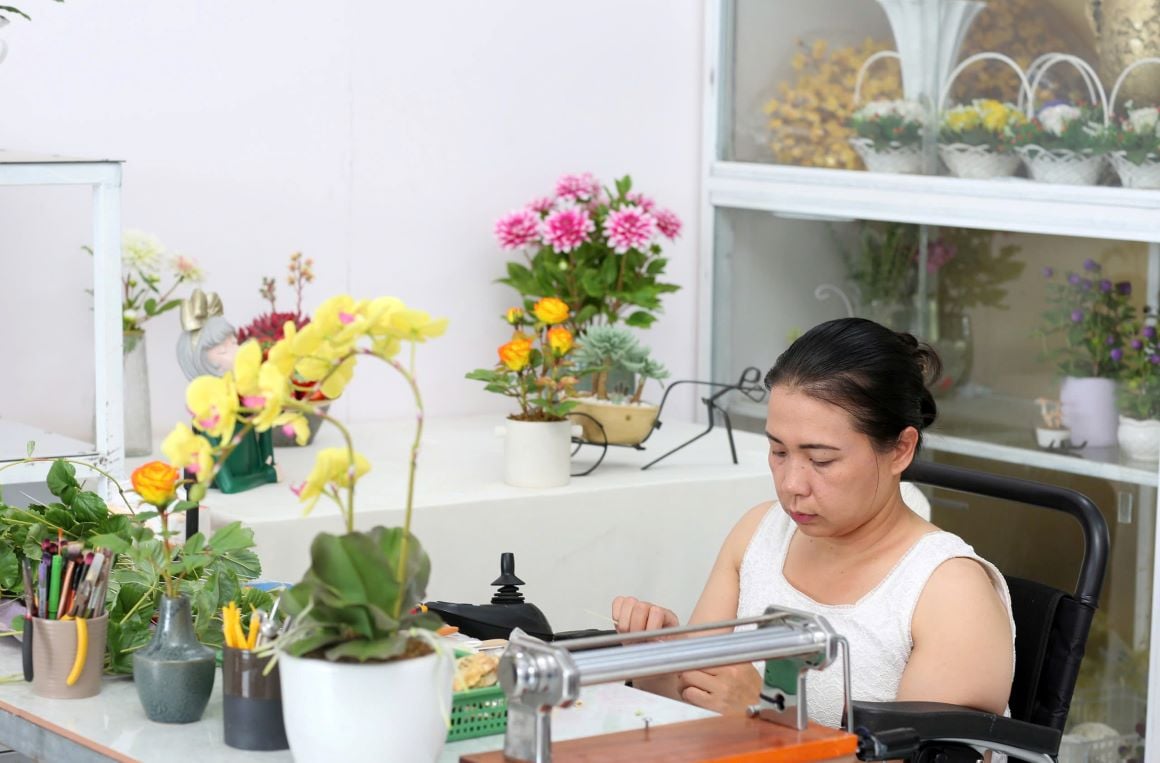


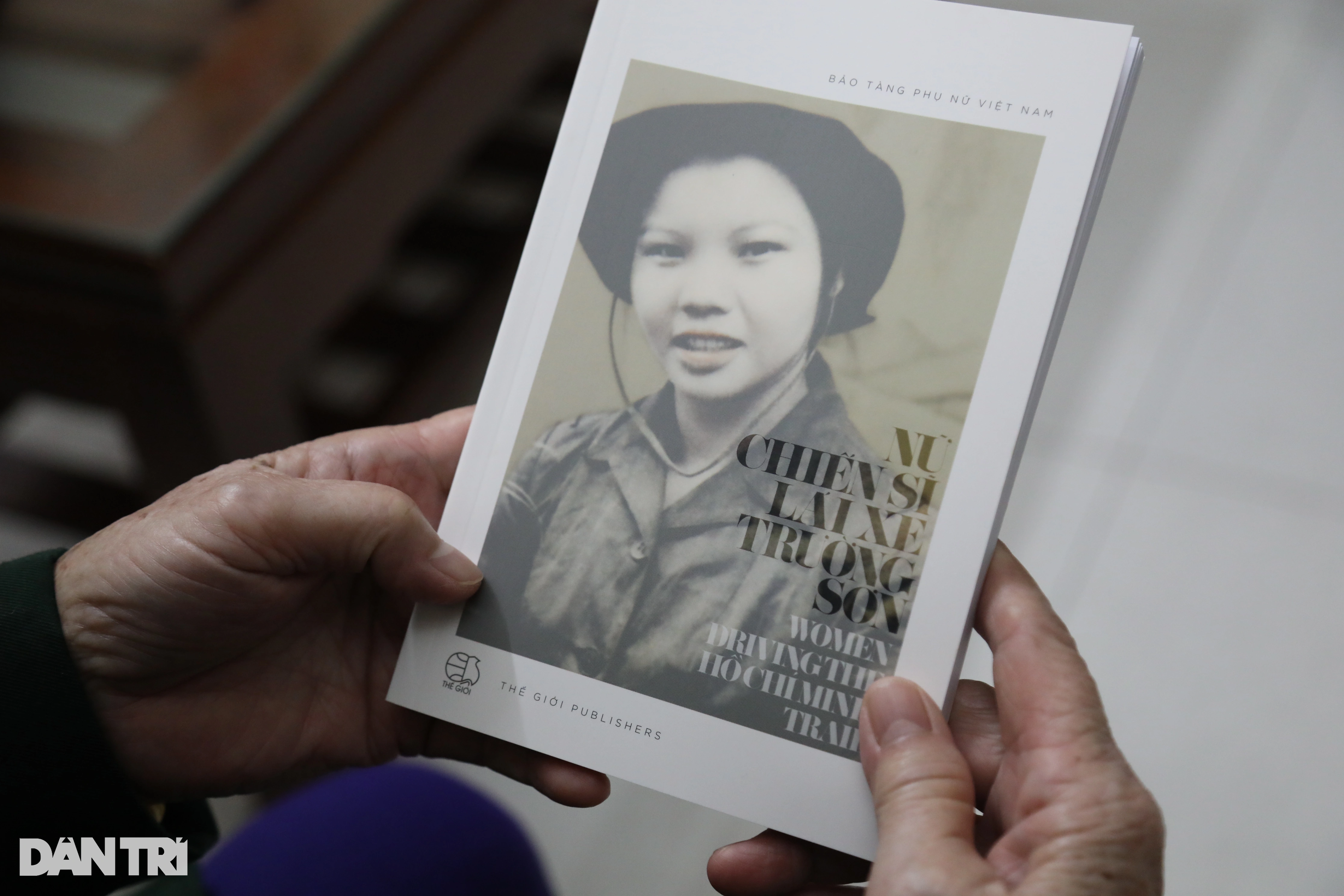
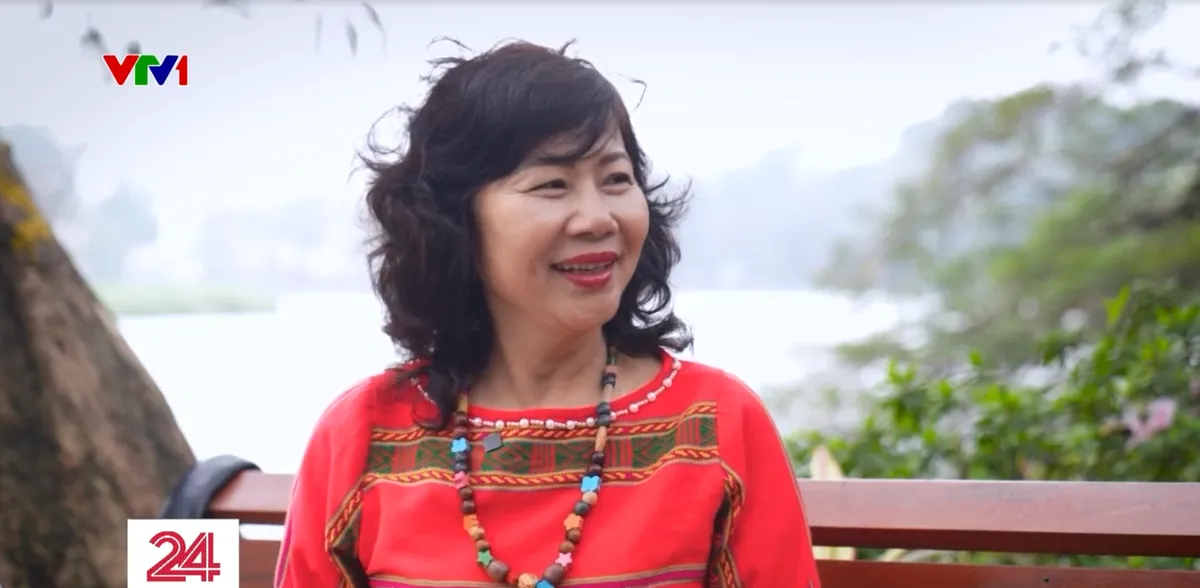










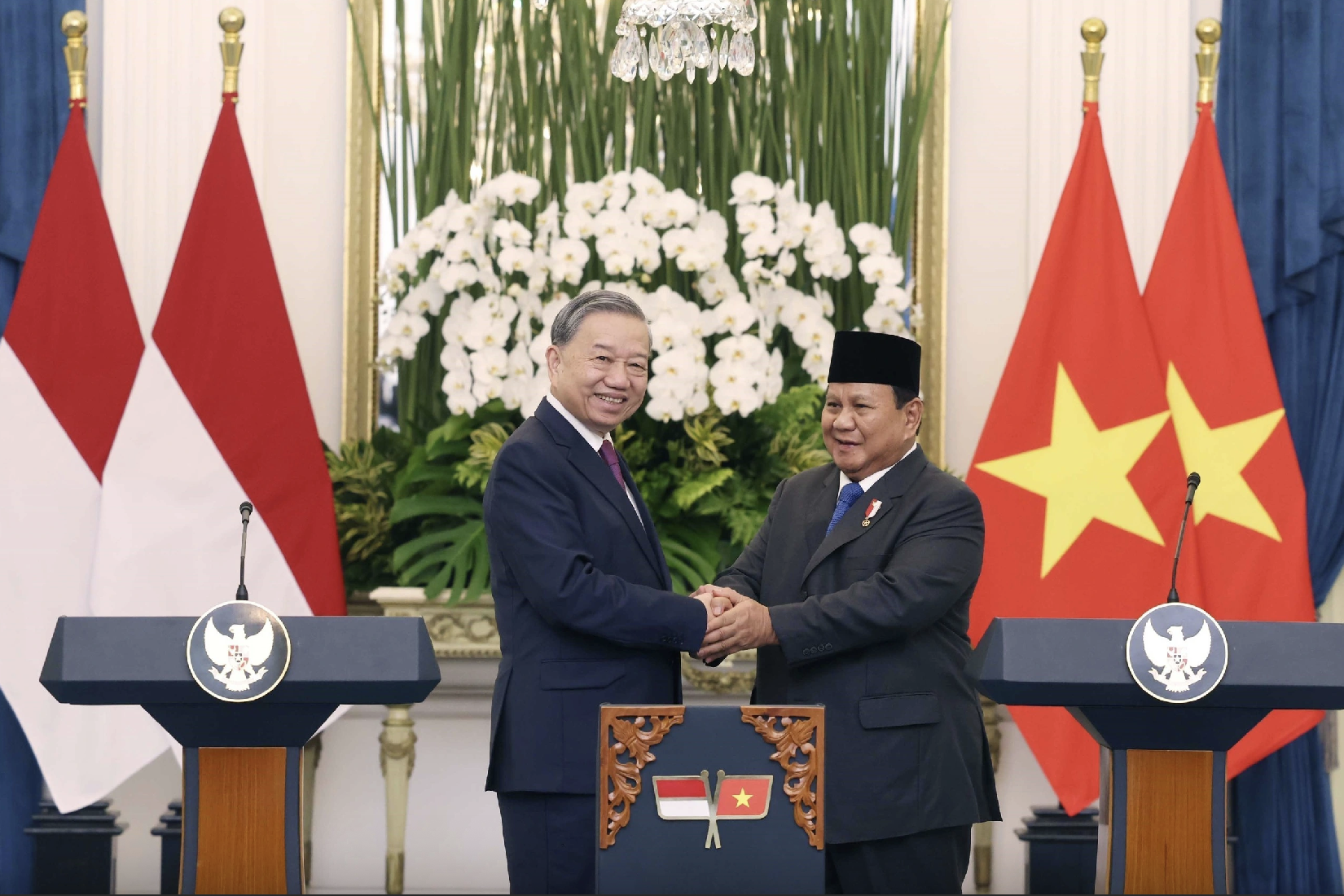

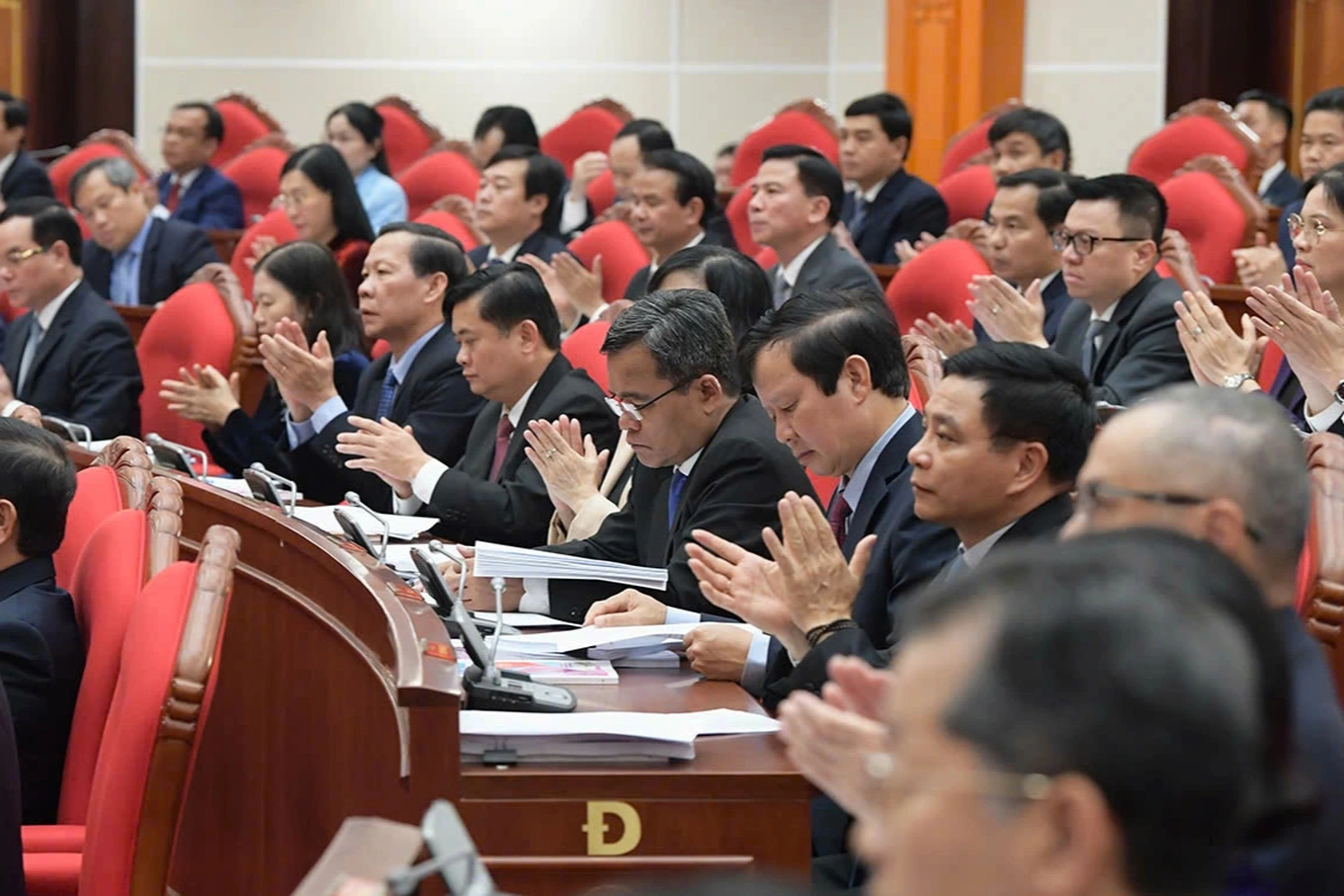
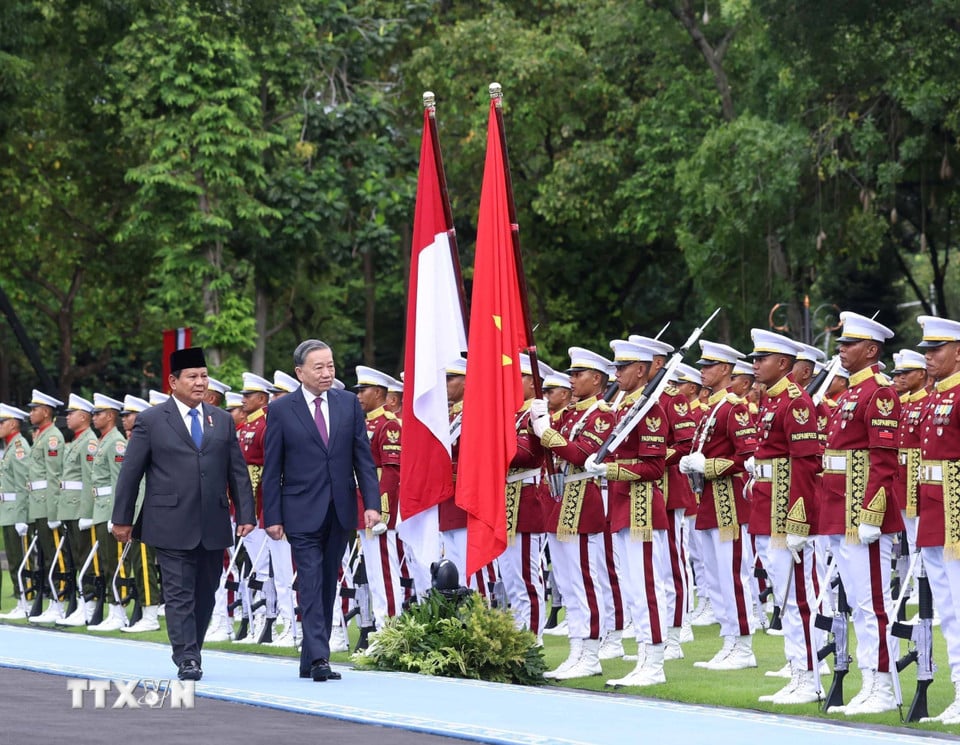


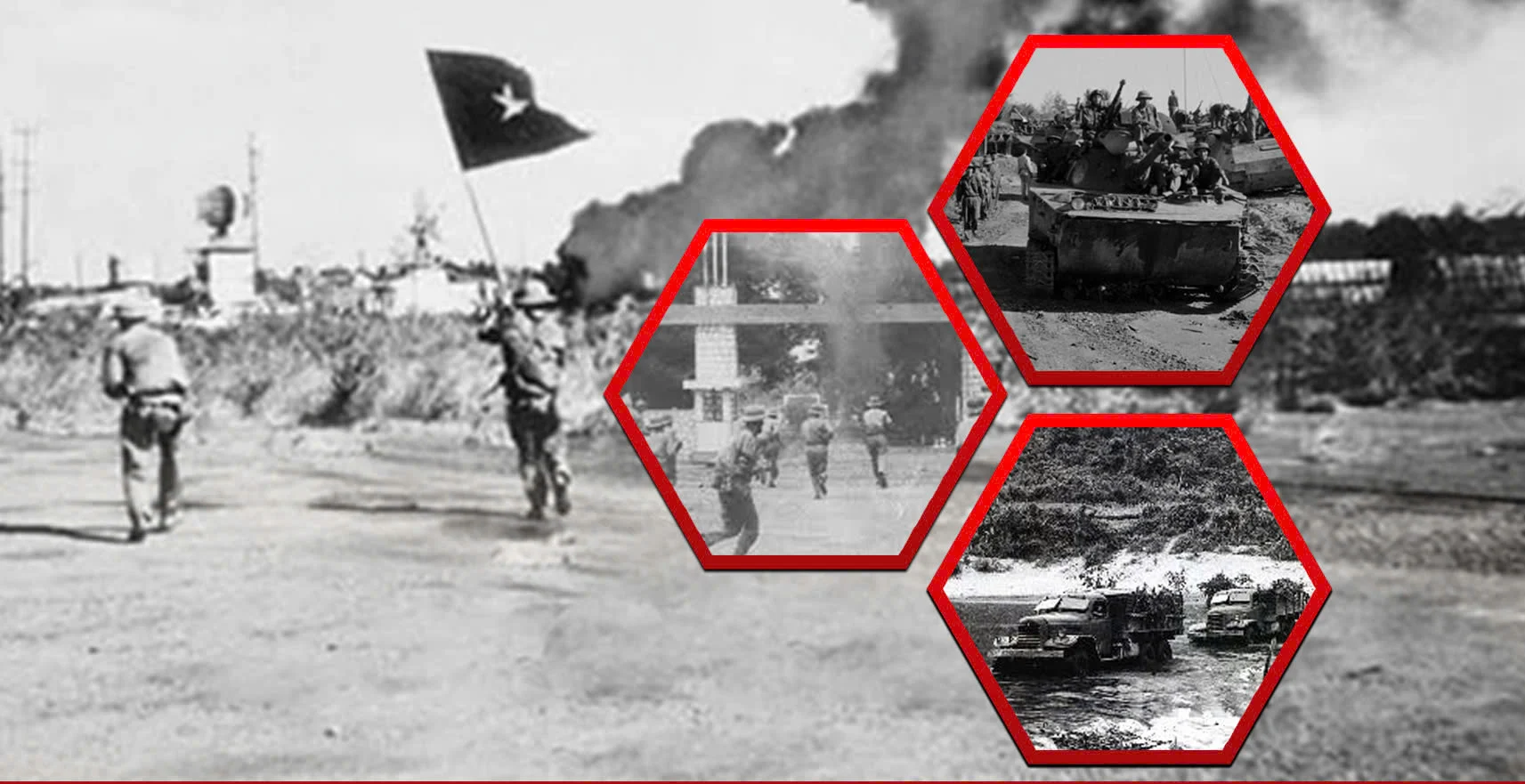

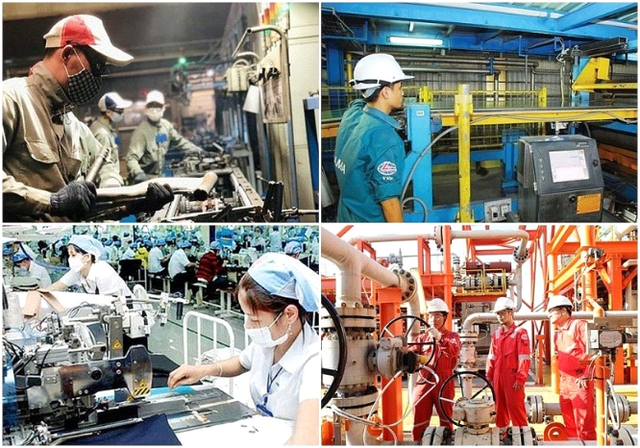















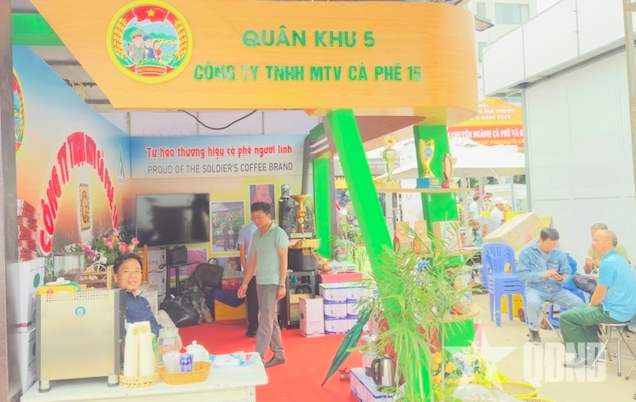

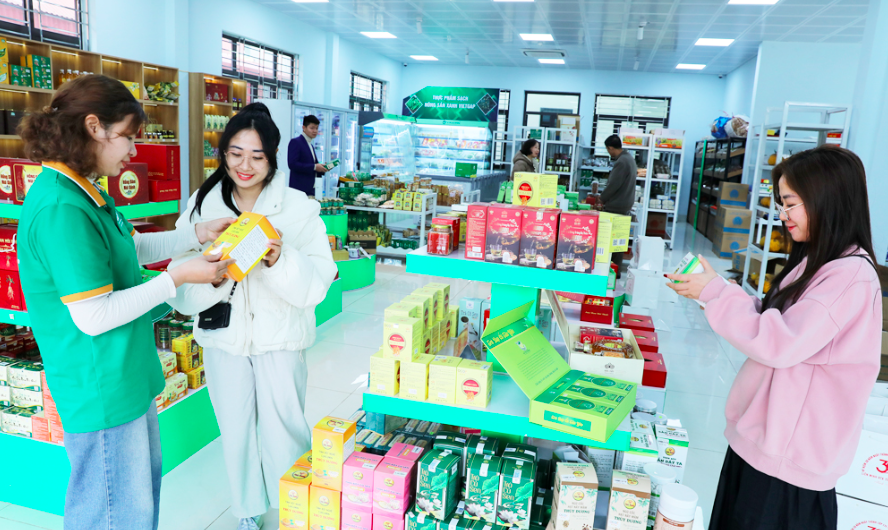
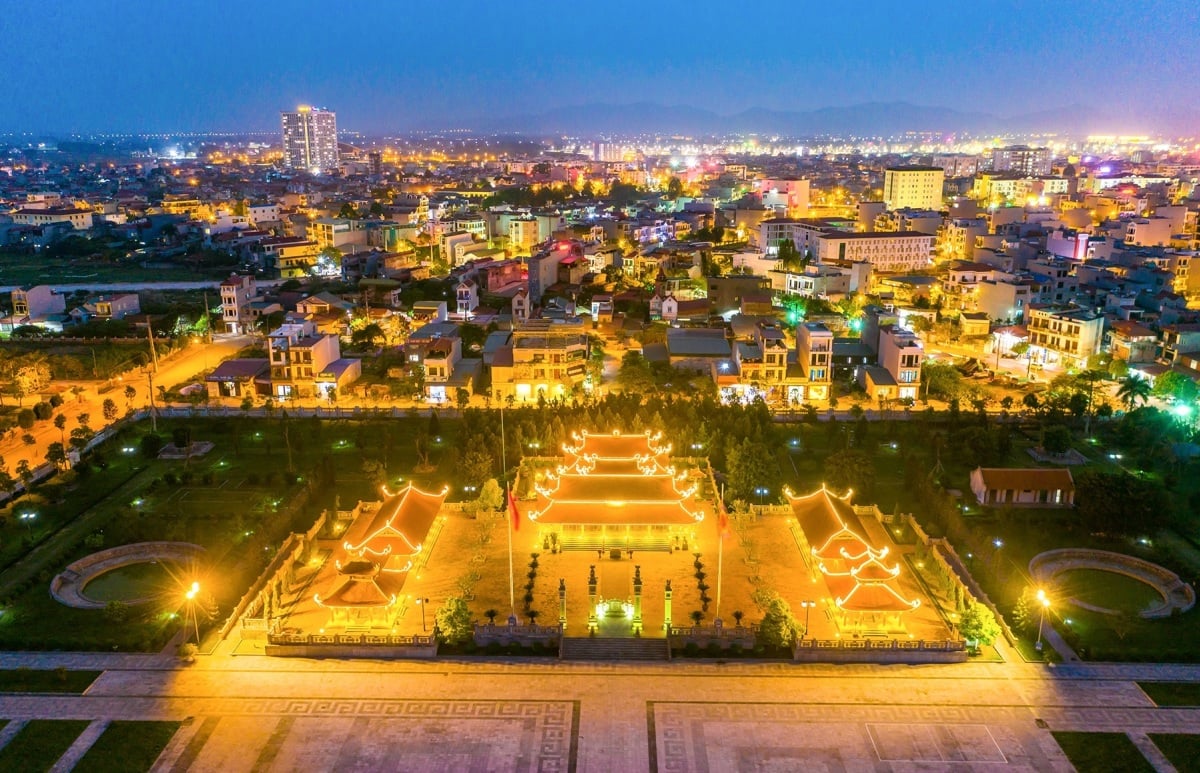
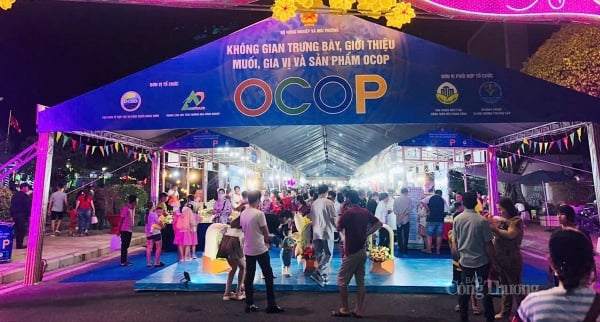
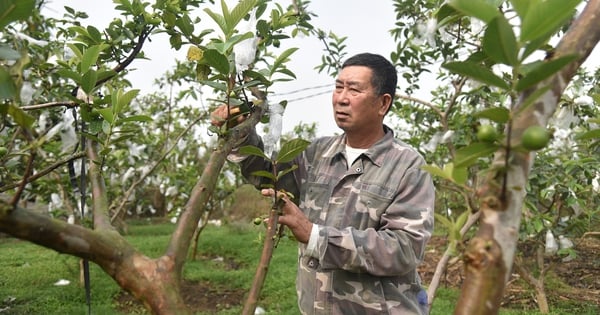

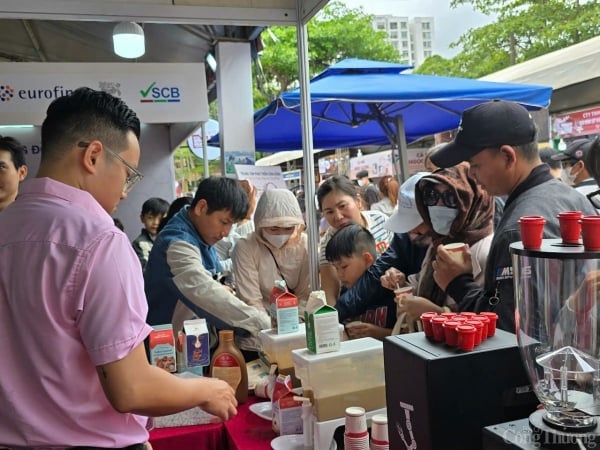

Comment (0)